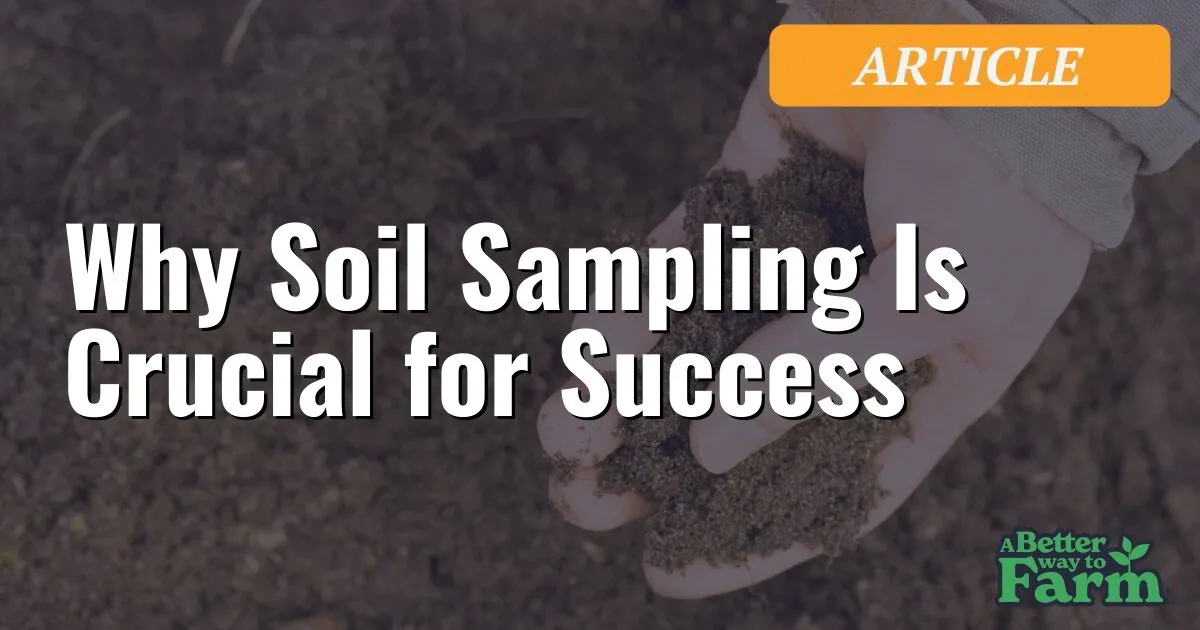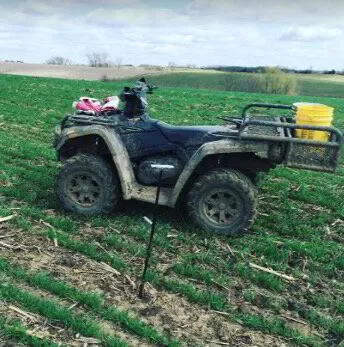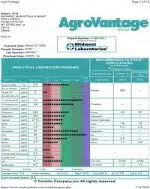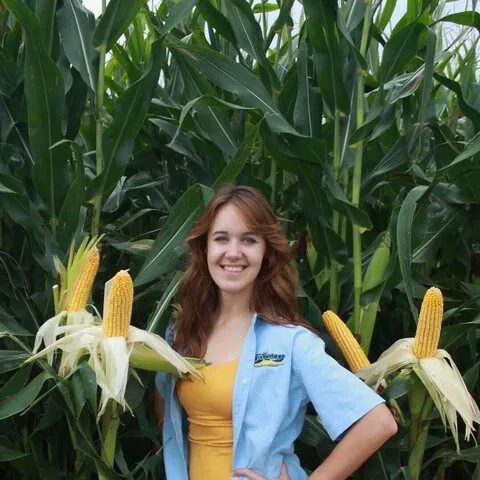One of the most important parts of a great nutrient management program is soil sampling.
Often it is easy to forget or put off soil sampling for time or cost reasons, unfortunately, that may come with a large price the following growing season. Not having an understanding of the fertility in your soil can be the difference between ok yields and great yields.
The best way to remedy a nutrient deficiency is to fix it before it presents itself in the plant.
Additionally, soil sampling can save you, as the grower, money on inputs by knowing exactly what your soil needs to maximize crop potential. This allows you to put your input dollars where they are most needed, and not spend on things that aren’t necessary. You can sample yourself if that is what you choose to do, all you’ll need is:
- A clean bucket (plastic preferably as to reduce risk of contamination from the bucket)
- Sample bags can often be purchased or even obtained for free from your lab
- Push-type probe with an 8” sample tube (We recommend probes sold by Midwest Labs and you can call them at 402-334-7770)
- A method of transportation such as an ATV or UTV
Hiring a professional soil sampler is also an option. Sample prices can vary from $2 per acre to as much as $10 per acre depending upon lab analysis included (if any), and sample type. We recommend hiring a third-party sampling company like Profound Ag to ensure the best (and unbiased results). Whenever possible, whether sampling yourself or hiring it done, it is important to know these basics of soil sampling:
• Try to sample your fields at the same time of year every time you have them sampled if possible. If you sample a field in the spring this year, try to have it sampled in the spring the next time as well.
• The most reliable results will be before any heavy tillage is done and any fertilizer or manure is applied.
• Multiple random sample areas throughout a field will allow for the best representative data and you’ll want to take samples at 6-8” of depth. Multiple cores taken at a consistent depth are crucial for sample accuracy. Additionally, 10-15 cores are typically needed for each sample, or in some cases, your lab bag will have a mark to which it should be filled.
• Any core that looks odd in any way, or pulls differently than the other cores in the same area should not be used as these inconsistencies could affect the results.
Be sure to get a complete analysis when choosing a sampling package with your lab. The ONLY LAB we recommend is Midwest Labs. While N-P-K values are important you also need to know the other components of your soil as well.
These components include:
- Macro and Micro-Nutrients. These are the other essential nutrients beyond Nitrogen, Potassium, and Phosphorus.
- On your analysis, these will often be listed in parts per million (ppm) and will include such things as Sulfur, Boron, Copper, and Zinc.
- Cation Exchange Capacity (CEC). This measurement is used to show the ability of the soil to hold cationic nutrients.
- Organic Matter (OM). OM is exactly what it sounds like. The organic material (animal or plant residue) in the soil that crucial for soil quality by providing storage for nutrients, increasing water retention, and enhancing soil structure.
When looking at soil test results it is easy to flip right to the “recommendations” page and skip over the actual data. You’ll want to take a look at your data and look for things that may need to be addressed. We always recommend that you visit with your nutrient adviser if you don’t feel comfortable deciphering the information on your analysis report.
If you are looking for someone to help you in this area, let's chat!
Soil sampling will allow you to address any potential issues before they occur, and get on the track of remedying any existing issues with your soil. Happy, healthy soil results in happy, healthy plants and ultimately better yield.
God Bless & Much Success,
Karen Livesay-Fitch
P.S. Be sure to get on our newsletter list so you can get updates.
Special thanks to Dan at Profound Ag for helping us with this article. View his blog here.
Ever since she can remember, progressive Farm Consultant Karen Livesay-Fitch has been involved with American agriculture, having grown up in a farming family. Karen has been serving farmers across the nation both as the brilliance behind a Facebook page with over 100,000 fanatic followers and as the genius behind the row crop farming information-rich website you're seeing now.





